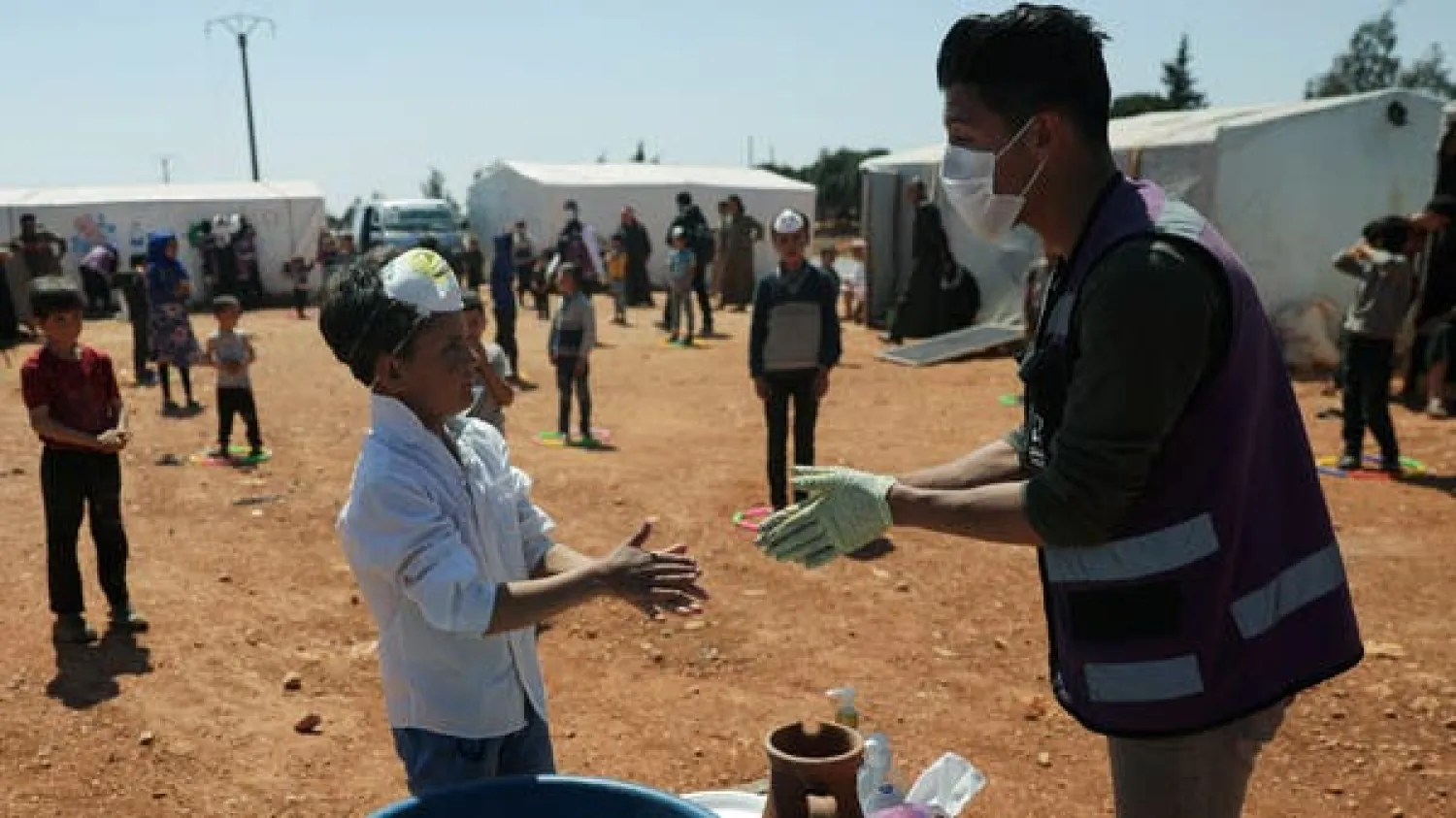The World Heath Organization is deploying teams across Syria for a vaccination program that will be rolled out both in government-held areas and territory outside state control, perhaps as soon as April, it said on Wednesday.
Dr. Akjemal Magtymova, WHO representative in Damascus, said the body’s COVAX program plans to immunize 5 million Syrians -- 20 percent of the population across all parts of the country -- despite the conflict now entering its 11th year.
“We are preparing our vaccine deployment plan with the ministry of health to make sure the program goes well,” Magtymova said, adding the priority was first to vaccinate high risk health workers, social workers and the most vulnerable, Reuters reported.
The GAVI alliance, the group that co-leads COVAX with the WHO, said last week it aimed to deliver 2.3 billion vaccines worldwide by the end of 2021, including 1.8 billion free doses to lower-income countries.
“I am really hopeful it will (begin) in April but it might take even longer depending on so many factors,” Magtymova told Reuters in a phone interview from Damascus, of the plan to roll out the vaccine program in Syria.
“We have to juggle with so many unknowns.”
Like other countries that are awaiting vaccines through COVAX, Syria can also obtain supplies directly from companies. But so far it has yet to announce any such bilateral agreements. Health officials say Damascus has been engaged in talks with Russia and China over vaccine supplies.
Apart from the logistics of arranging vaccinations across combat frontlines, Syria faces the additional hurdle of international financial sanctions.
Medicines are generally exempt from sanctions, but UN sources said the sanctions have left Damascus without much financial clout to negotiate deliveries, and have slowed the process by creating additional legal risks.
Magtymova said any supplies of safe and effective vaccines Syria could obtain would help make vaccines more available. The WHO has no role in such bilateral deals.









